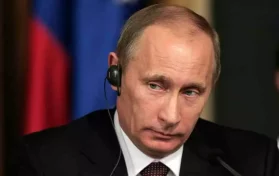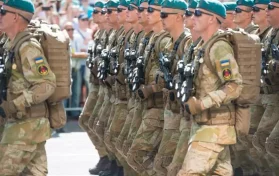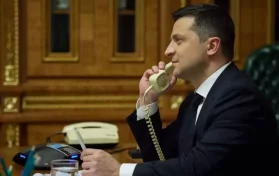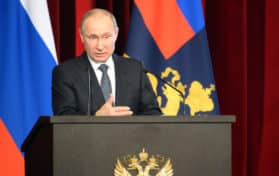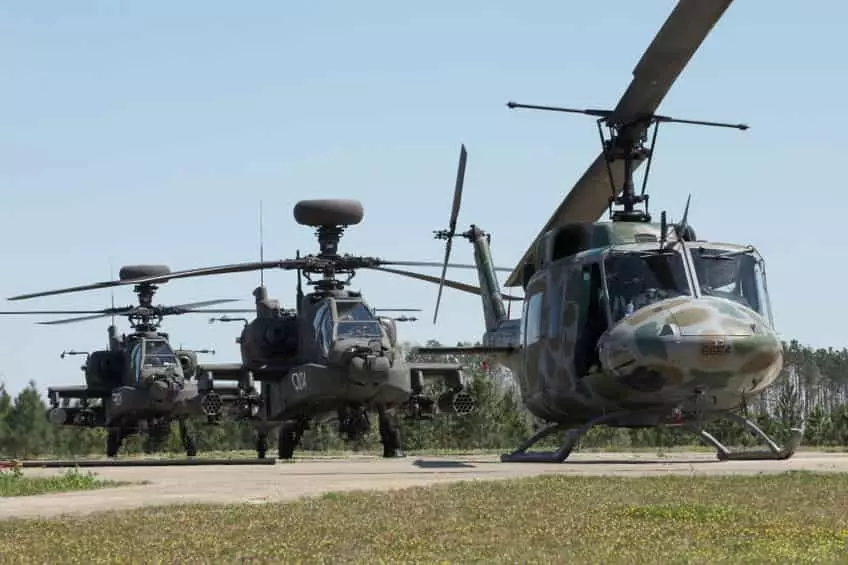
Since early December, Russian troops encroached ever closer to the border of the Ukraine. By Christmas, the Ukraine said that three of its borders were surrounded by Russian troops. Around this time, Putin began making demands that the Ukraine not be allowed to join NATO. Diplomatic talks with the United States and other Allied countries began with the hopes that Putin would pull those troops away from the former Soviet state. However, a number of factors seem to have escalated a potential Russian invasion of the Ukraine, including comments made by President Joe Biden last week during a press conference.
Biden was asked about the possibility of sanctions or other punishments should Vladimir Putin send troops to formally invade the Ukraine. The president initially replied,”Russia will be held accountable if it invades, and it depends on what it does . . It’s one thing if its a minor incursion . . . if they actually do what they’re capable of . . .it is going to be a disaster for Russia.”
Even the main stream media reported to the adverse affect of such comments by President Biden. Even the Los Angeles Times, typically a very Biden-friendly media outlet, said that Biden’s comment “roil(ed) diplomatic efforts to halt Russian invasion of Ukraine.” Biden made these comments as a U.S. Congressional Delegation was in Kyiv and NATO was working on a diplomatic way to stop an invasion that seems imminent.
On Monday, the United States “heightened the readiness” of about 8,500 United States troops, but it was quick to say no decision had been made to deploy said troops.
According to Pentagon press secretary John Kirby, Secretary Lloyd Austin has placed several United States troops on heightened preparedness status; this is just one step in the process of a possible NATO National Response Force. The National Response Force is a “multinational rapid response force” that includes troops from Special Forces units as well as land, air and maritime troops.
Kirby added that while the United States has put troops on a heightened alert status, the United States is still holding out hope for a diplomatic resolution to the heightened tensions in Eastern Europe.
Since Biden’s comments on Wednesday, multiple White House spokespeople have attempted to walk back Biden’s comments. Each of them has said that, should Putin go ahead with invading the Ukraine, American reaction will be “swift and severe.” However, it is unknown exactly what the response would be – a military one or one of economic sanctions for Russia. Complicating matters is the fact that Biden supported the Russian Nord Stream 2 pipeline, which supplies a great deal of oil to Germany, one of our allies. Critics are questioning whether Germany would assist NATO countries in economic sanctions against Russia.
This announcement was made on the same day that NATO announced it would be sending fighter jets and ships to Eastern Europe. Multiple countries, including France, Denmark, and Spain are sending jets or ships to the area. France has said it will send troops to Romania if necessary.
Earlier this week, the United States ordered families of Embassy staff in Kyiv to evacuate. Americans in the Ukraine are encouraged to leave as well.


